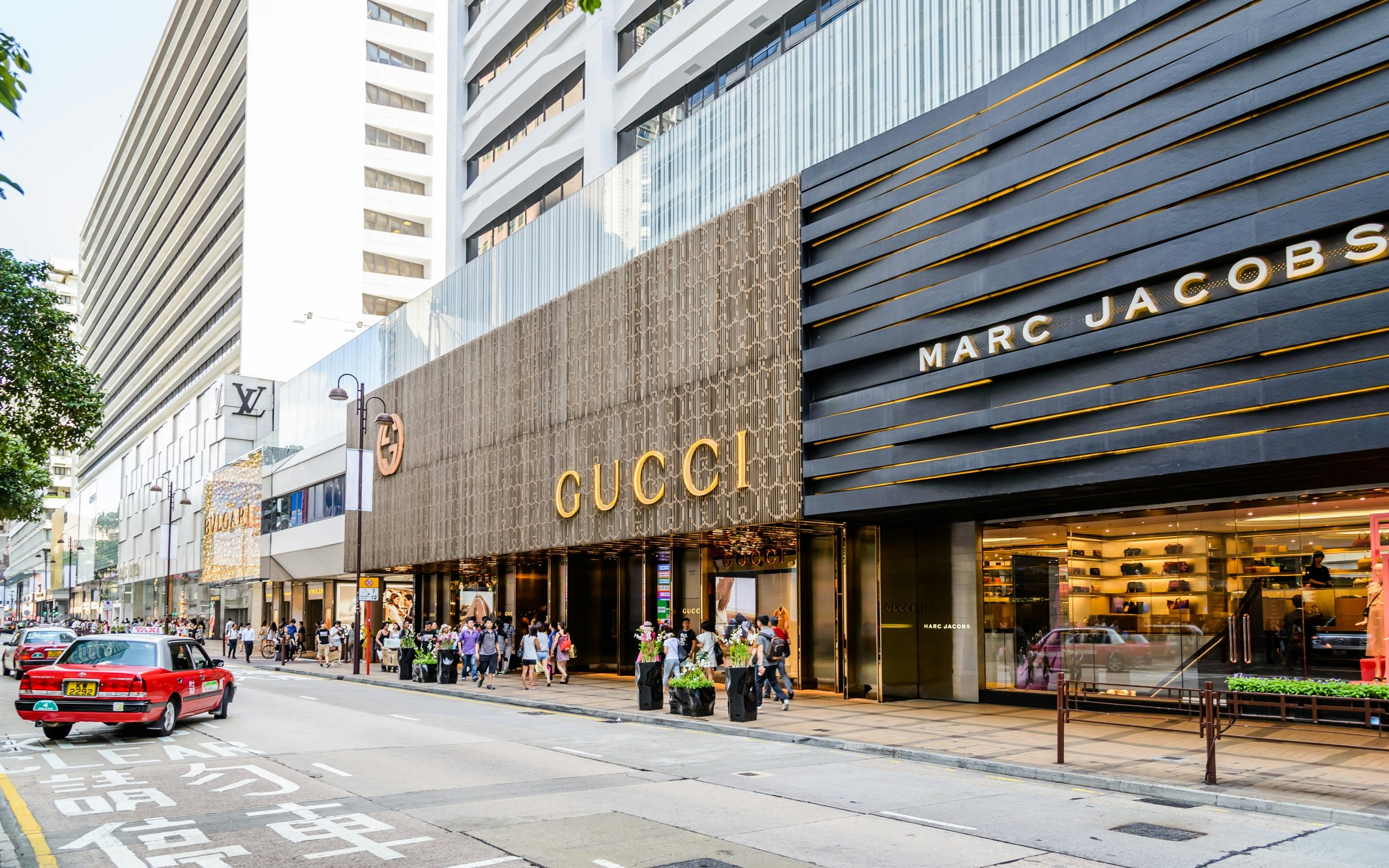With continued sliding luxury sales due in large part to an ongoing mainland tourist slump, Hong Kong’s high-end retailers have some major rethinking to do for their strategy going forward. On June 22nd, The French Chamber of Commerce in Hong Kong and KPMG brought together luxury industry professionals and speakers for a “Luxury Symposium” to discuss the evolution of the luxury industry in Hong Kong. Several speakers from across the industry, including Andrew Wu from LVMH and Wei Gu of The Wall Street Journal, shared their experiences and advice on how Hong Kong can adapt to the rapidly evolving tastes of Chinese luxury consumers. Below are three key takeaways from the event:
Learn from other top destinations.#
In the past few years, nearby countries such as Japan and South Korea have become increasingly more popular than Hong Kong as top destinations for Chinese luxury shoppers. Both of these countries sell new cultural experiences for tourists and have multiple initiatives for consumers.
For example, in South Korea, shoppers come for the experience they have watched in Korean dramas and K-pop music videos, while medical tourism—including plastic surgery—helps to bring in more Chinese consumers.
Erwan Rambourg, co-head of Global Consumer & Retail Equity Research at HSBC, said at the conference that Hong Kong as a city should re-brand and ask itself, “What does Hong Kong stand for?” Currently, it’s associated with protests and anti-mainland sentiments, and he said that brands in Hong Kong should find other aspects of the city’s unique history and culture to appeal to and draw in consumers.
Offer consumers a unique experience.#
In Hong Kong, the original draw for shoppers was the lack of high import tariffs on luxury products. However, this is no longer a quality unique to Hong Kong. Now, Chinese shoppers often choose to visit other countries, and sometimes other continents, to avoid these tariffs, while experiential luxury is becoming increasingly important in addition to shopping. Philip Yu of the Park Hyatt says it is now the job of companies to “to tell a story to the consumers” and create a unique experience for whatever product is being sold.
Try localized social media strategies.#
Leveraging social media, especially WeChat, is key to attracting mainland consumers. Sylvain Rocher, the international director at Shanghai Tang, advises that a focused digital strategy is essential. “You have to localize digital content, otherwise it’s not relevant.” According to him, it does not matter if the content goes viral; rather, it must reach the right people.
Alexis Bonhomme, co-founder of Curiosity China, also advocated for this approach. He advised for companies to have “the right timing with your messaging” on WeChat. In his view, brands should switch from a “quantity” approach to a “quality approach” as they reach out to potential customers on social media.
